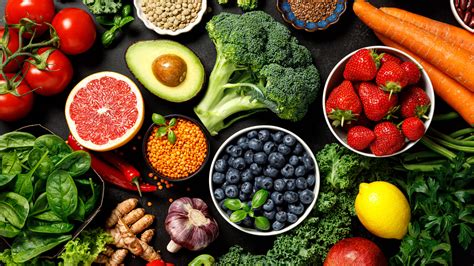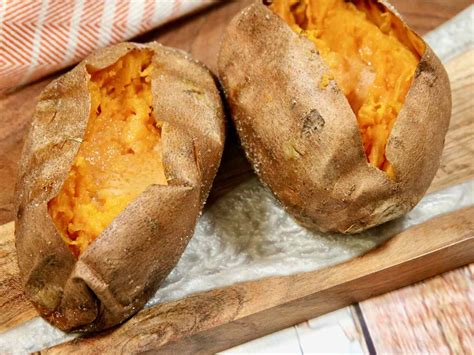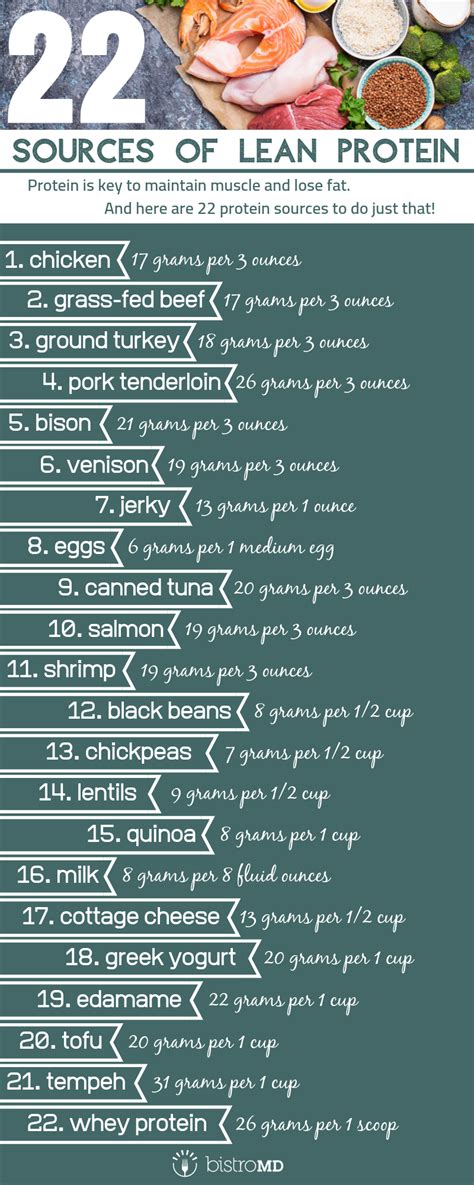What foods boost sustained energy for peak daily performance without crashes?

Unlock Your Potential: Fueling for Sustained Energy
In our fast-paced world, the quest for sustained energy to maintain peak daily performance is more crucial than ever. Many of us fall into the trap of quick fixes – sugary snacks and excessive caffeine – that lead to inevitable energy crashes, leaving us feeling sluggish and unproductive. The secret to enduring vitality lies not in artificial stimulants, but in a strategic approach to nutrition, focusing on whole, unprocessed foods that fuel your body steadily throughout the day.
The Pitfalls of the Energy Rollercoaster
The typical modern diet, often high in refined sugars and simple carbohydrates, causes rapid spikes and subsequent drops in blood glucose levels. This ‘sugar rush’ provides a momentary burst of energy, quickly followed by a ‘crash’ as your body overcompensates with insulin. This cycle can lead to fatigue, irritability, difficulty concentrating, and a constant craving for more quick fixes. Breaking free from this cycle requires understanding how different macronutrients impact your energy levels.

Complex Carbohydrates: Your Steady Fuel Source
Unlike their simple counterparts, complex carbohydrates are digested slowly, providing a gradual and steady release of glucose into your bloodstream. This helps stabilize blood sugar levels, preventing dramatic energy fluctuations. Excellent sources include:
- Whole Grains: Oats, quinoa, brown rice, whole-wheat bread, farro.
- Starchy Vegetables: Sweet potatoes, yams, butternut squash, corn.
- Legumes: Lentils, black beans, chickpeas, kidney beans.
These foods are also rich in fiber, which further slows digestion and contributes to satiety, keeping you full and energized for longer.

Healthy Fats: Long-Lasting Power and Satiety
While often misunderstood, healthy fats are essential for sustained energy. They are a concentrated source of calories and are digested slowly, providing a prolonged feeling of fullness and a steady energy supply. Incorporate sources like:
- Avocados: Rich in monounsaturated fats.
- Nuts and Seeds: Almonds, walnuts, chia seeds, flax seeds, pumpkin seeds (provide healthy fats, protein, and fiber).
- Olive Oil: A staple in healthy diets, great for cooking and dressings.
- Fatty Fish: Salmon, mackerel, sardines (rich in omega-3 fatty acids).
Lean Proteins: Building Blocks and Satiety
Protein plays a crucial role in sustained energy by slowing down the absorption of carbohydrates and helping to regulate blood sugar. It also contributes to muscle repair and growth, and keeps you feeling full. Good sources include:
- Poultry: Chicken breast, turkey.
- Fish: Cod, tuna, salmon.
- Eggs: A complete protein source.
- Dairy: Greek yogurt, cottage cheese (opt for plain, unsweetened varieties).
- Plant-Based: Tofu, tempeh, edamame, lentils, beans.
Including protein in every meal is an excellent strategy for maintaining stable energy levels throughout your day.

Fiber-Rich Fruits and Vegetables: Micronutrient Powerhouses
While often lower in calories, fruits and vegetables are packed with vitamins, minerals, antioxidants, and fiber – all crucial for optimal energy production at a cellular level. Their high fiber content also contributes to steady digestion and blood sugar control. Prioritize:
- Berries: Blueberries, strawberries, raspberries (lower glycemic index).
- Leafy Greens: Spinach, kale, Swiss chard.
- Cruciferous Vegetables: Broccoli, cauliflower, Brussels sprouts.
- Apples and Pears: Excellent sources of soluble fiber.

Hydration: The Often-Overlooked Energy Booster
Dehydration is a common cause of fatigue, often mistaken for hunger or a need for caffeine. Even mild dehydration can impair cognitive function and reduce physical performance. Ensure you’re drinking plenty of water throughout the day. Herbal teas and water-rich fruits and vegetables also contribute to your fluid intake.
Crafting Your Energy-Boosting Meals
The key to sustained energy is combining these food groups thoughtfully. Aim for meals that include a balance of complex carbohydrates, lean protein, healthy fats, and plenty of fiber from fruits and vegetables. For example:
- Breakfast: Oatmeal with berries, nuts, and a scoop of protein powder.
- Lunch: Quinoa salad with chicken or chickpeas, avocado, and mixed greens.
- Dinner: Baked salmon with sweet potato and steamed broccoli.
- Snacks: Apple slices with almond butter, Greek yogurt with seeds, a handful of mixed nuts.
Conclusion: A Sustainable Path to Peak Performance
Shifting your diet to prioritize whole, nutrient-dense foods is the most effective strategy for boosting sustained energy and achieving peak daily performance without the dreaded crashes. By focusing on complex carbohydrates, healthy fats, lean proteins, and a rich array of fruits and vegetables, you empower your body with the consistent fuel it needs to thrive. Embrace these dietary changes, and you’ll not only feel more energetic but also experience improved focus, mood, and overall well-being, paving the way for a more productive and fulfilling life.










